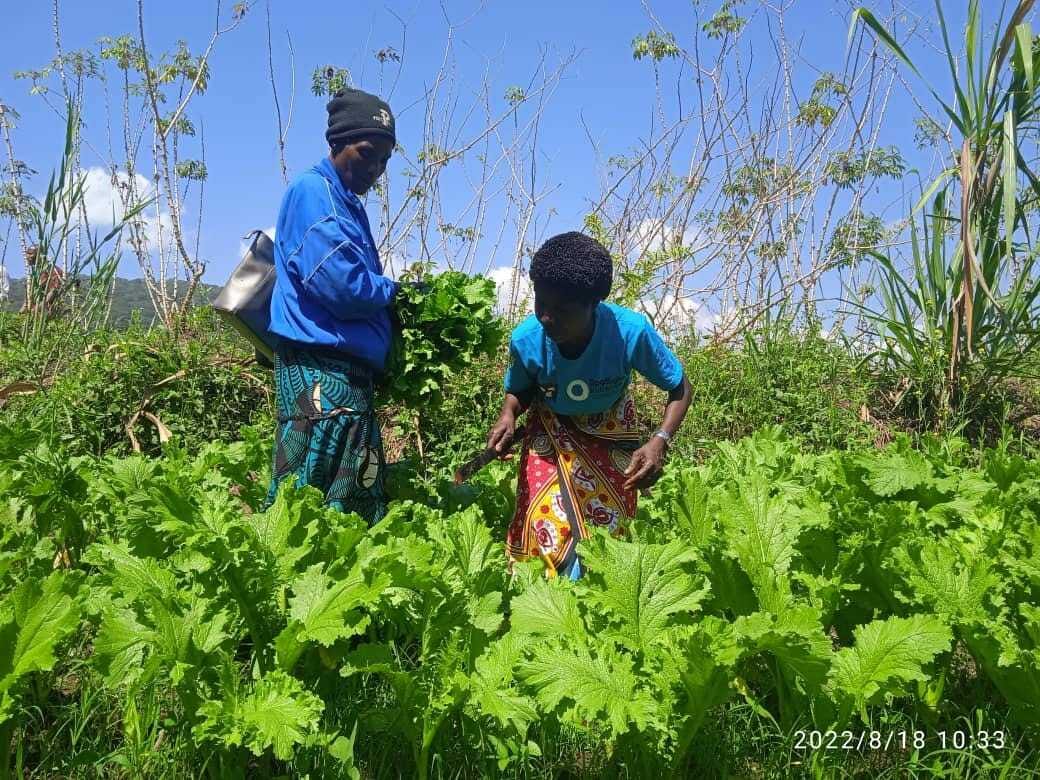
Malawi-A two-year project led by Euthini women in the Mzimba district aims to end gender-based violence, which is alleged to be pervasive in the district, writes Blessings Gondwe.
The region is well-known for all the wrong reasons, including child marriages, defilement and rape, wife-beating, and wife abandonment, as most men leave their wives behind to work in South Africa.
A Northern Region-based non-governmental organization called Purple Innovation for Women and Girls introduced the Ukani Stop Violence against Women and Girls project in 2021 in response to these violations.
The project, which received K108 million in funding from UN Women and the Women's Peace and Humanitarian Fund, sought to strengthen reporting mechanisms for victims of gender-based violence (GBV), empower women and girls to report cases of GBV, and provide financial empowerment for women and girls who have experienced various types of violence.
The project, according to the project officer for the organization, Rhoda Ng'ambi, was intended to end harmful cultural practices that encourage gender-based violence as well as ensure that victims are rescued and given the tools they need to move forward with their lives.
According to Ng'ambi, the elimination of cultural practices, particularly those that support gender violence, is necessary to improve the welfare of women and girls.
What has happened over the course of the last two years?
Ng'ambi says that 124 child marriages were ended by the project in 2022, and all of the children were re-admitted to their respective schools.
She told AfricaBrief, "We saw that many parents were marrying off their children making teenagers drop out of school making illiteracy levels in the community increase.”
A 15-year-old girl, Mercy, describes how she was saved from early marriage in her account.
"When I became pregnant by a boy who was also 14 at the time, I got married to a fellow primary school student. Mother group members and village youth network participants came to counsel me to return to school, stating that early marriages have no future. They were heard, and the marriage was annulled. I returned to school and completed my standard-eight exams before entering Form 1,” Mercy narrated.
Mercy claimed that because defilement is a traumatic experience, some children needed mental fortitude to be able to continue their education.
Ng'ambi continued by saying that in order for the defilement victims to continue their education, it was necessary to train the parents, mother groups, and teachers on how to deal with the affected.
Tionerepo Women Group is one of the mother organizations. The mother group, which consists of 10 members, received K720,000 to invest in small-scale entrepreneurship.
According to Martha Chima, the chairwoman of the Tionerepo Mother Group, the organization is now selling zitenje as well as foods like ground nuts, mandasi, and beans. Each member receives an equal share of the profits.
The profits from the business are used, according to Chima, to send the women whose children have been the victims of sexual assault back to school and to buy them school supplies.
Pascar Chibaka, the chairperson of the Chindi Area Development Committee-ADC, praised the project for ending the practise known as Kujalira, in which girls experiencing their first period were imprisoned in a home until the flow ended, among other accomplishments.
The project is being funded by UN Women through the Spotlight Initiative and ends in March of this year.